ESCP Business School and its Energy Management Centre took part as Supporting Partners at this year’s Energy Summit organised by The Economist Events. The conference took place on 28th November at The Honourable Artillery Company Armoury House, City Road in London.
After a challenging two years, are energy majors emerging in better shape? The Energy Summit 2017, brought together industry majors, policymakers and independent experts, to debate and discuss the big topics affecting the industry today and in the years to come.
Several technological revolutions are taking place simultaneously in energy markets, which promise a future of abundance, rather than scarcity. The first is shale. This year the ability of independent American oil producers to keep fracking despite relatively adverse conditions has foiled OPEC’s ability to rescue prices. The second is renewable electricity. Prices of wind and solar power have continued to fall this year, especially in developing countries, and investment in renewables continues to outstrip that of traditional sources of power generation, such as coal and gas. Thirdly, batteries are emerging as potential disruptors in both oil and power markets. Partly thanks to lower battery costs, France and Britain believe it is feasible to phase out cars powered exclusively by petrol and diesel by 2040.
In this new era, big energy companies that have built their businesses around overcoming scarcity are having to adapt fast. National oil companies face even greater upheaval and electric utilities, too, are changing their business models to prepare for a future of cheap power. The transition also has important ramifications for geopolitics. America has once again become a powerful player in the oil markets and its LNG exports are changing the dynamics of global gas markets. OPEC’s big hope for survival is that a shortage of investment in big oil projects will cause prices to skyrocket again in the next few years. Meanwhile, its future is uncertain.
The Energy Summit, brought together business leaders, policymakers and independent experts, discussed the big topics shaping the industry. How should big oil companies adapt to this new era? What was the outlook for shale? Can renewables prosper without subsidies? Are electric vehicles on the verge of a Model-T moment? How are pollution and climate change transforming the outlook for energy? Delegates Heard from industry leaders, and met experts from related industries such as cyber security, big data and the internet of things.
Attendees discussed:
- How should big oil companies adapt to this new era?
- What is the outlook for shale?
- Can renewables prosper without subsidies?
- Are electric vehicles on the verge of a Model-T moment?
- How are pollution and climate change transforming the outlook for energy?
Follow the event: @EconomistEvents #EconEnergy
Why did they attend?
- What are the biggest innovations that could influence the energy mix?
- How well will policymakers manage the “energy trilemma” of securing energy supplies, meeting demand and curbing emissions?
- The evolution of a more “distributed” and multi-directional energy grid and what this would mean for businesses, consumers and policymakers
- The Fourth Industrial Revolution: Energy goes digital
- How are Europe, the US and Asia competing in the green energy technology space?
Speakers included:
Christophe Frei, Secretary general, World Energy Council
Louis Shaffer, Distributed Energy Segment manager, Europe, Middle East and Africa Region, Eaton
Tim Green, Director, Energy Futures Lab, Imperial College London
Andreas Liebheit, President, Heraeus Photovoltaics
Susan Packard LeGros, President and executive director, Center for Responsible Shale Development
For further information, please visit the event's site: https://events.economist.com/events-conferences/emea/the-energy-summit-2017/







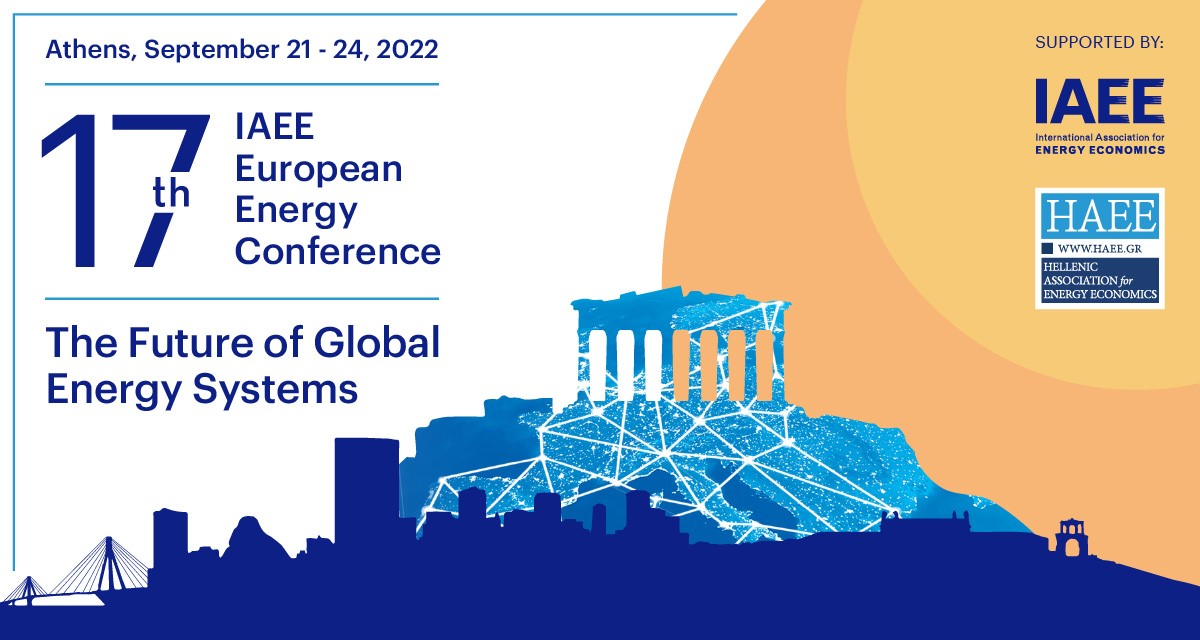
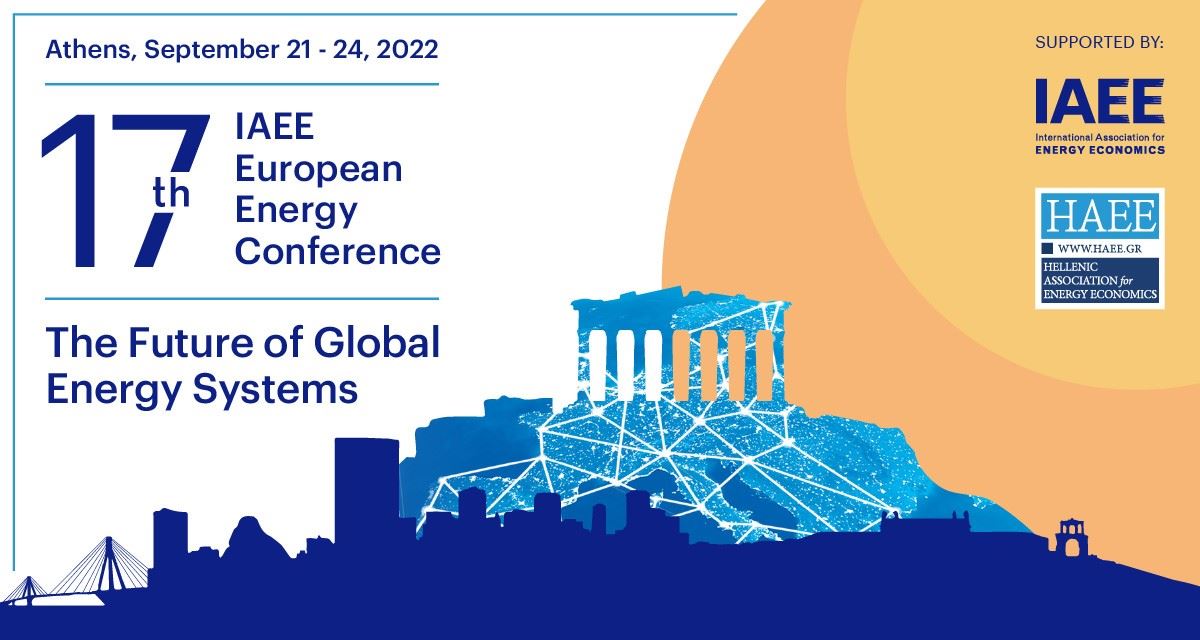
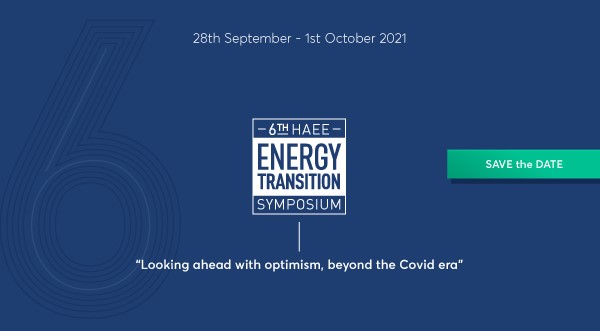
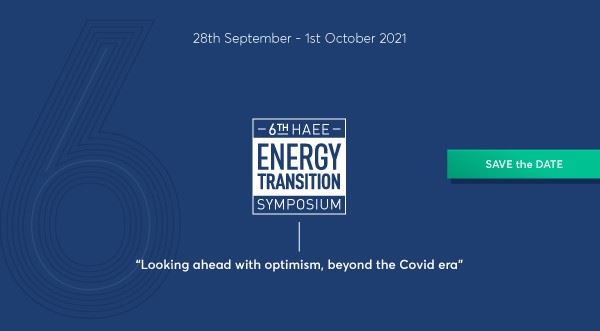
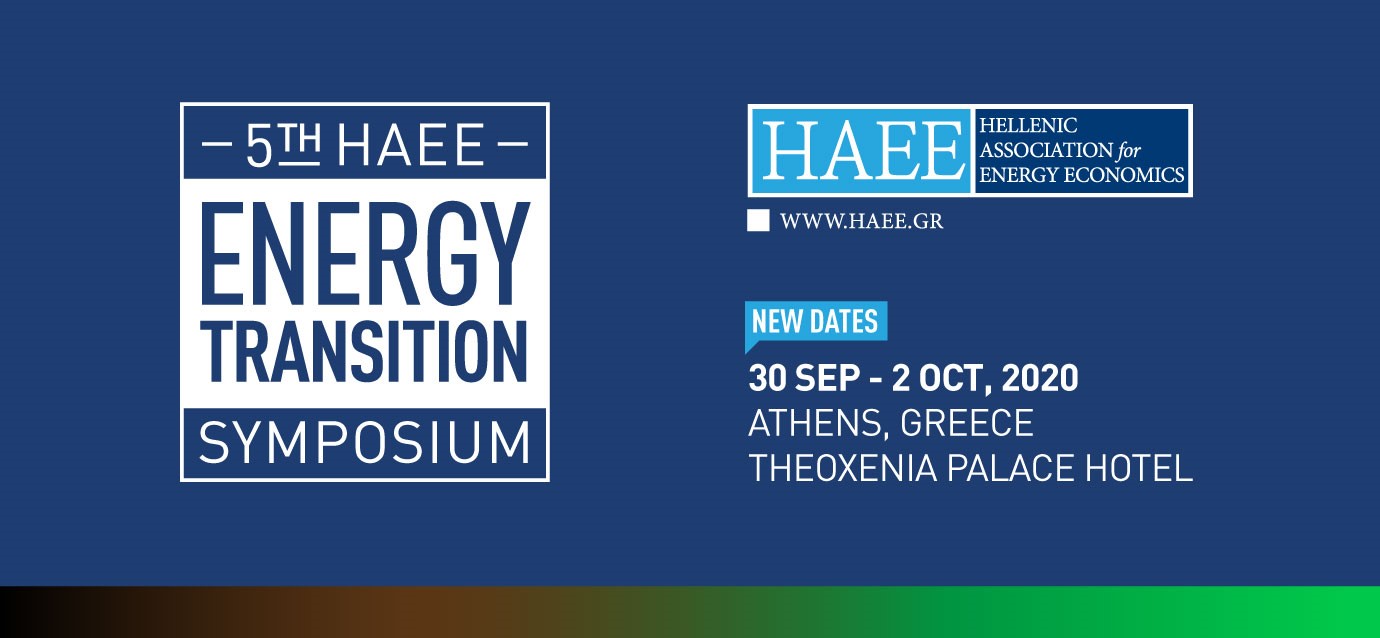
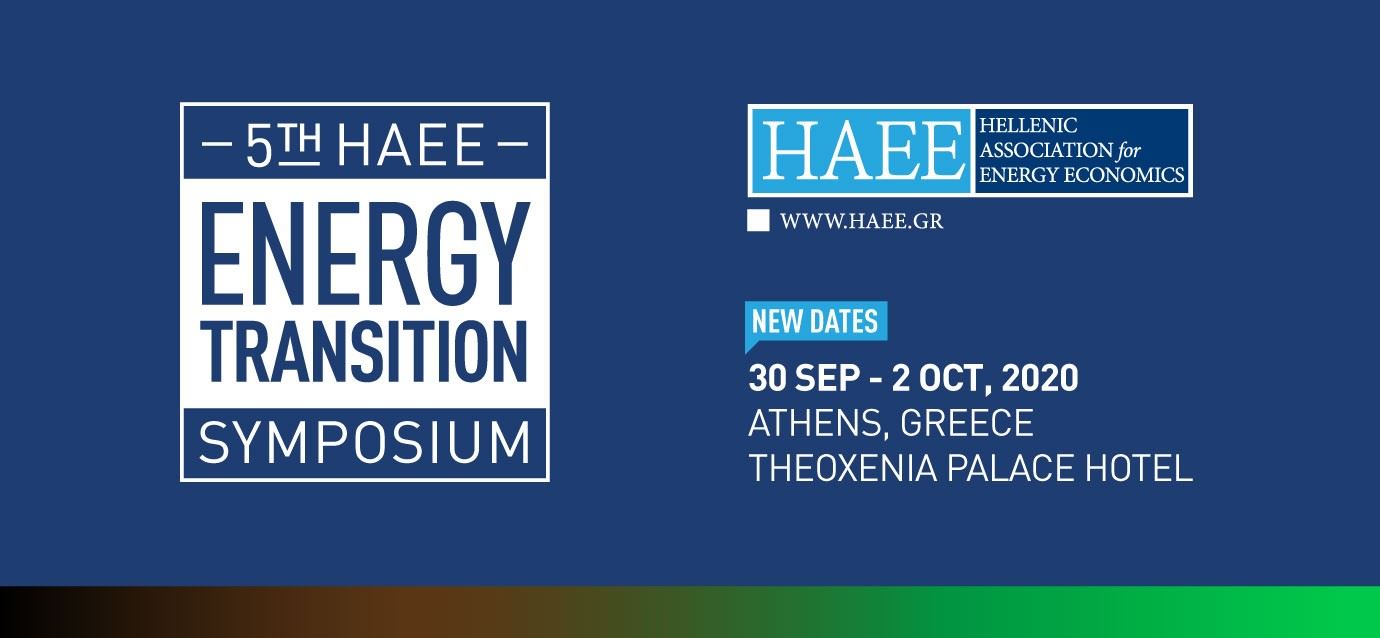
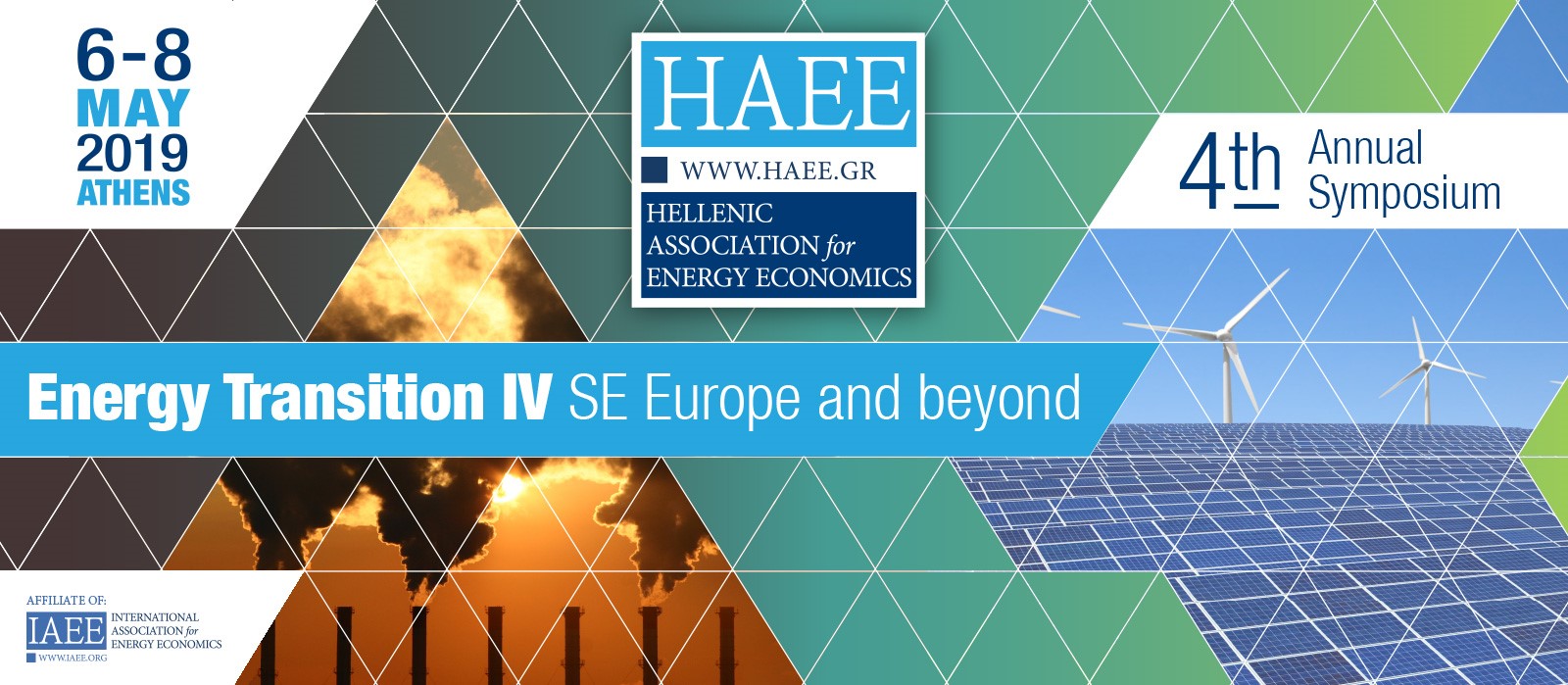
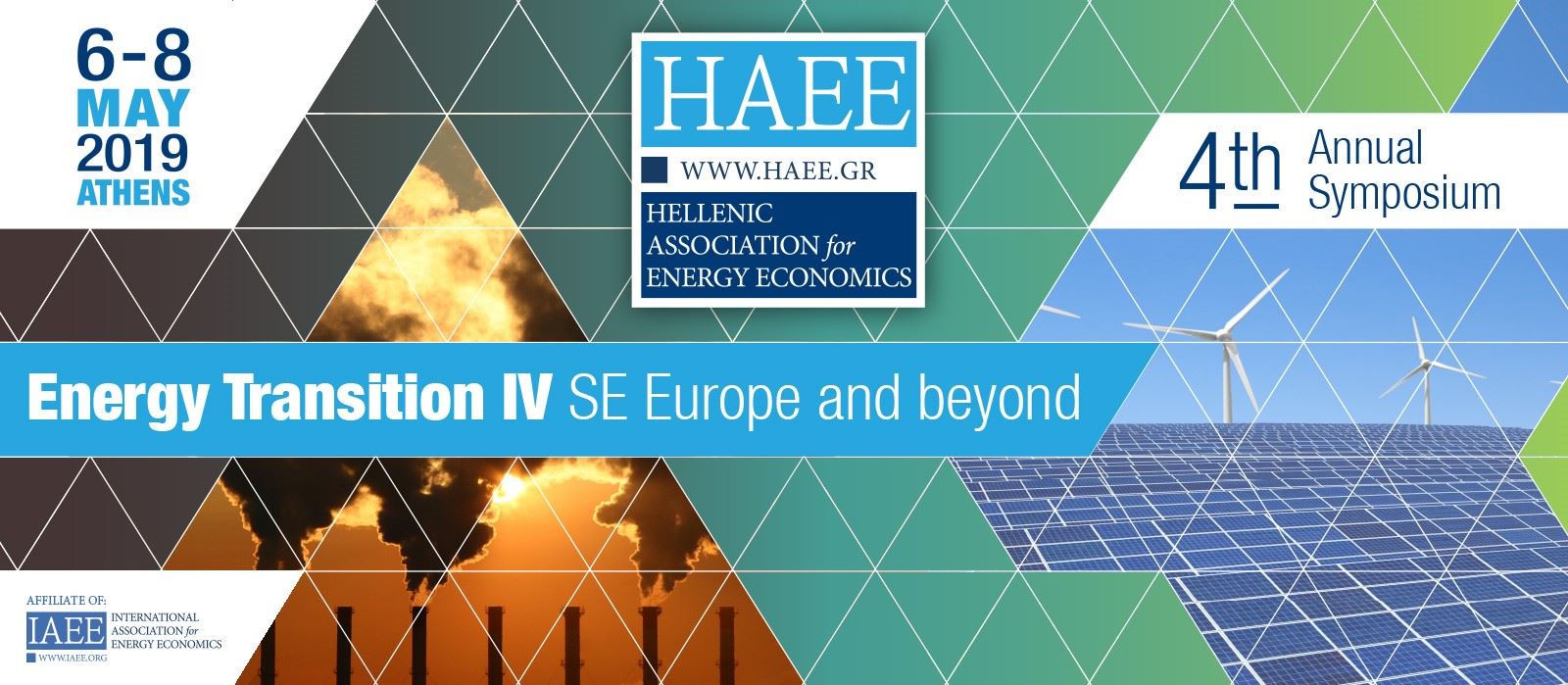
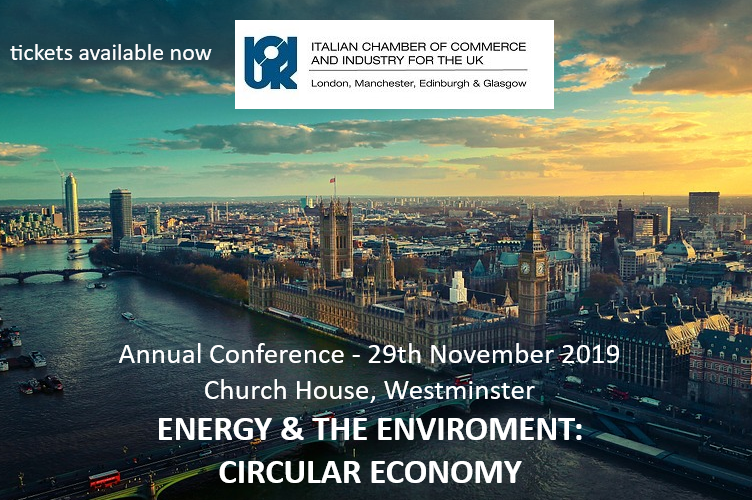
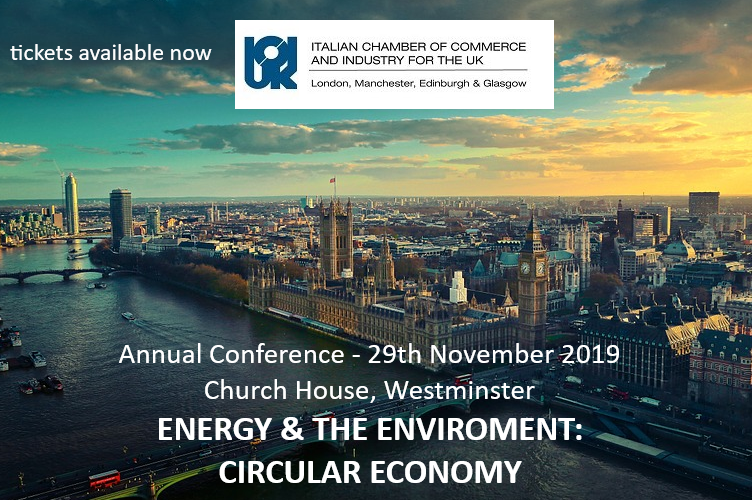











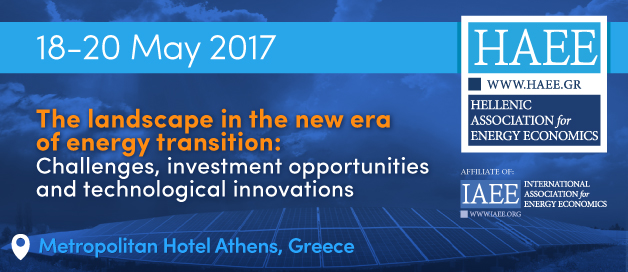
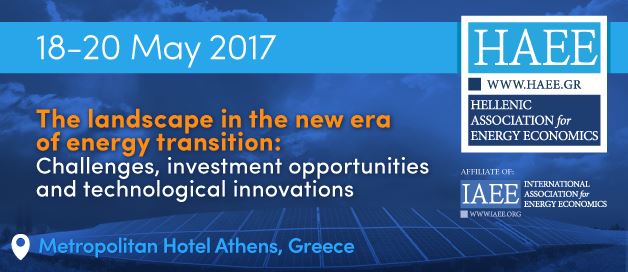




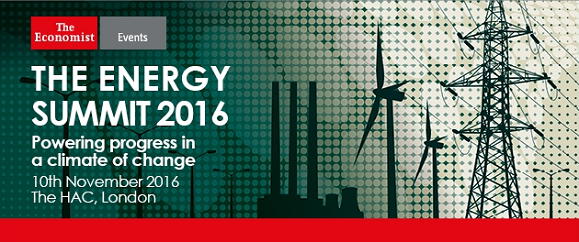
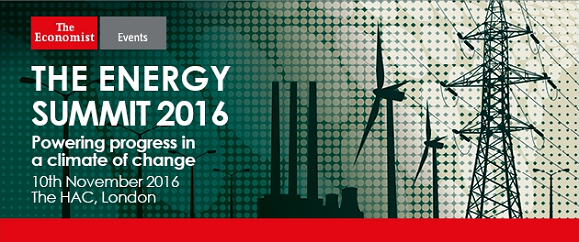































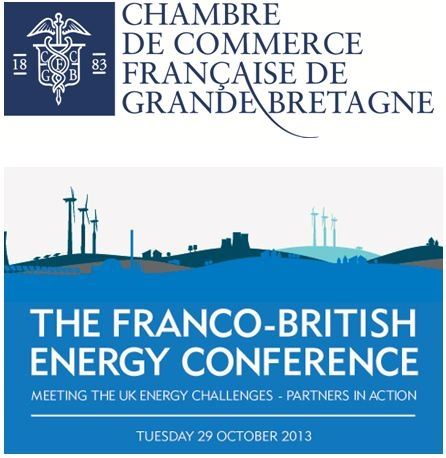




 Facebook
Facebook Linkedin
Linkedin Instagram
Instagram Youtube
Youtube EMC Newsletter
EMC Newsletter







